If you’re looking for a natural fertilizer for your garden, epsom salt may be the answer. Epsom salt, also known as magnesium sulfate, is a mineral compound that can provide many benefits to your plants.
This post may contain affiliate links.
Not only does it contain essential nutrients for plant growth, but it can also improve soil quality and ward off pests.
One of the main benefits of using epsom salt as a natural fertilizer is its high magnesium content. Magnesium is a vital nutrient for plants, as it helps with the production of chlorophyll and aids in photosynthesis.
By adding epsom salt to your garden soil, you can ensure that your plants are getting the magnesium they need to thrive. Additionally, epsom salt can also help improve soil quality by increasing nutrient absorption and reducing soil acidity.
Another advantage of using epsom salt in the garden is its ability to deter pests. Epsom salt can help repel slugs, which are a common garden pest that can wreak havoc on your plants.
By sprinkling epsom salt around the base of your plants, you can create a barrier that slugs will avoid. Overall, using epsom salt as a natural fertilizer can be an effective and eco-friendly way to promote healthy plant growth in your garden.
The Role of Epsom Salt in Plant Growth and Health
If you are looking for a natural way to boost your garden’s health and growth, epsom salt might be the answer. Epsom salt, also known as magnesium sulfate, is a naturally occurring mineral that has been used for centuries as a natural fertilizer.
Here are some of the ways epsom salt can benefit your plants:
Magnesium and Chlorophyll Production
One of the key benefits of epsom salt is that it contains magnesium, an essential nutrient for plant growth. Magnesium plays a crucial role in photosynthesis, the process by which plants convert sunlight into energy.
Without magnesium, plants cannot produce chlorophyll, the green pigment that gives plants their color and helps them absorb sunlight. Adding epsom salt to your garden can help ensure that your plants have enough magnesium to produce healthy chlorophyll and thrive.
Roll over image to zoom in Epsoak Epsom Salt – 2 lbs. USP Magnesium Sulfate
Sulfur and Plant Vitality
In addition to magnesium, epsom salt also contains sulfur, another important nutrient for plant growth. Sulfur is involved in many processes within the plant, including the formation of proteins and enzymes.
It also helps plants absorb other essential nutrients, such as nitrogen and phosphorus. By adding epsom salt to your garden, you can help ensure that your plants have enough sulfur to stay healthy and vibrant.
Preventing Nutrient Deficiencies
Epsom salt can also help prevent nutrient deficiencies in your plants. When plants are lacking in essential nutrients, they can become weak and susceptible to disease.
By adding epsom salt to your garden, you can help ensure that your plants have access to all the nutrients they need to stay healthy and strong. In particular, epsom salt can help prevent magnesium deficiency, which can cause yellowing of the leaves and stunted growth.
See Today’s List of Best Organic Garden Fertilizers
How to Apply Epsom Salt in Your Garden
Epsom salt is a natural fertilizer that can help improve the growth and yield of your plants. Here are some simple methods to apply Epsom salt in your garden:
Soil Application Methods
Before applying Epsom salt to your garden, it is recommended to perform a soil test to determine the pH level and nutrient content of your soil. This will help you determine how much Epsom salt you need to apply.
To apply Epsom salt to your soil, you can either sprinkle it directly onto the soil or mix it with water in a watering can and apply it to the soil. For best results, apply Epsom salt to the soil around the base of the plant, and avoid getting it on the leaves.
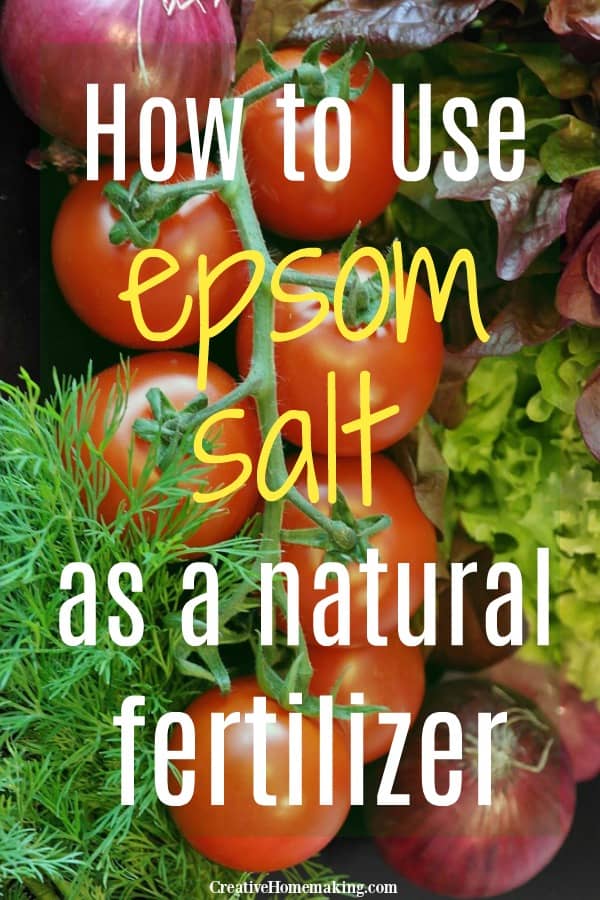
Foliar Spray Technique
You can also use Epsom salt as a foliar spray to provide your plants with a quick boost of magnesium. To make a foliar spray, mix 1 tablespoon of Epsom salt with 1 gallon of water and pour it into a sprayer.
Spray the mixture onto the leaves of your plants, making sure to cover both the top and bottom of the leaves. It is best to spray your plants early in the morning or late in the evening when the sun is not too strong.
Related Article: Are Tea Bags Good for Plants? A Guide to Using Tea Bags for Gardening
Precautions and Best Practices
While Epsom salt is generally safe to use as a natural fertilizer, it is important to avoid overuse. Too much magnesium can be harmful to your plants and can cause leaf burn.
It is also important to note that Epsom salt is not a substitute for other fertilizers and should be used in conjunction with a balanced fertilizer program.
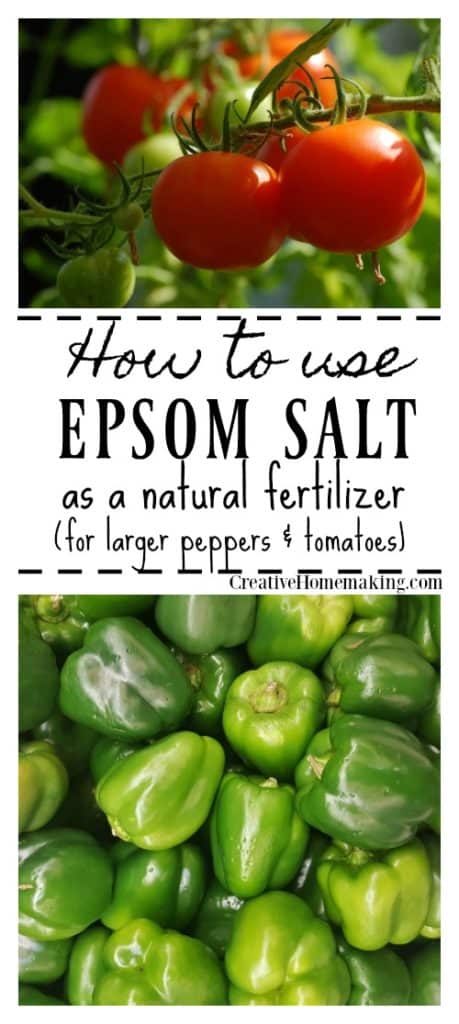
Epsom Salt for Specific Plants and Situations
If you are looking for a natural and affordable way to boost your garden’s growth and health, epsom salt may be the solution you need.
Epsom salt is a type of magnesium sulfate that can provide essential nutrients to plants, especially in soils that are deficient in magnesium and sulfur. In this section, we will explore specific plants and situations where epsom salt can be beneficial.
Boosting Flowering Plants and Vegetables
If you want to promote healthy blooms and fruit development in your garden, epsom salt can be a great addition. Roses, tomatoes, and peppers are some of the plants that can benefit from epsom salt.
When using epsom salt for flowering plants and vegetables, mix 1 tablespoon of epsom salt per gallon of water and apply it to the soil around the plants once a month during the growing season.
This will help the plants absorb magnesium and sulfur, which are essential for flower and fruit development.
Supporting Trees, Shrubs, and Lawns
Epsom salt can also be used to support the growth and health of trees, shrubs, and lawns. If you notice yellowing leaves or slow growth in your trees or shrubs, it may be a sign of magnesium deficiency.
To remedy this, dissolve 2 tablespoons of epsom salt in a gallon of water and apply it around the base of the tree or shrub. For lawns, mix 3 pounds of epsom salt per 1,250 square feet and apply it evenly over the lawn. This will help improve the color and density of your lawn.
Dealing with Plant Diseases and Pests
Epsom salt can also be used to prevent and treat some plant diseases and pests. When plants are stressed due to lack of nutrients, they become more susceptible to diseases and pests.
Epsom salt can help prevent this by providing magnesium and sulfur, which can strengthen the plants’ immune system. Additionally, epsom salt can deter slugs and other pests that are attracted to plants.
To use epsom salt for pest control, sprinkle it around the base of the plant or use it as a foliar spray.
Incorporating Epsom Salt into Organic Gardening
If you’re an avid gardener, you know how important it is to use natural and organic fertilizers to keep your plants healthy and thriving. One such natural fertilizer that has gained popularity in recent years is Epsom salt.
Epsom salt, also known as magnesium sulfate, is an inexpensive and readily available mineral that can provide numerous benefits to your garden.
Composting with Epsom Salt
Composting is an essential part of organic gardening, and Epsom salt can be an excellent addition to your compost pile. When added to your compost,
Epsom salt can help speed up the decomposition process, resulting in nutrient-rich soil that is perfect for growing healthy plants.
To incorporate Epsom salt into your compost, simply sprinkle a handful of Epsom salt over each layer of organic material as you build your compost pile.
The magnesium and sulfur in the Epsom salt will help break down the organic matter, resulting in nutrient-rich compost that your plants will love.
Epsom Salt as a Seed Starter
If you’re starting seeds indoors, Epsom salt can be a great addition to your seed-starting mix. The magnesium in Epsom salt can help promote seed germination and improve the overall health of your seedlings.
To use Epsom salt as a seed starter, mix one tablespoon of Epsom salt per gallon of water and use the solution to water your seedlings. You can also mix Epsom salt into your seed-starting mix to provide an extra boost of magnesium.
Frequently Asked Questions
How can I apply Epsom salt to my vegetable garden for best results?
To apply Epsom salt to your vegetable garden, dissolve 2 tablespoons of Epsom salt in a gallon of water and spray the solution directly onto the leaves of your plants.
Alternatively, you can mix 1 tablespoon of Epsom salt into the soil around the base of your plants. For best results, apply Epsom salt to your garden in the morning or evening when the sun is not too harsh.
Are there specific plants that should avoid Epsom salt treatments?
While most plants can benefit from Epsom salt treatments, some plants may be sensitive to magnesium and could suffer from over-fertilization. These plants include sage, rosemary, and lavender.
If you are unsure about whether your plants can handle Epsom salt treatments, start with a small amount and observe your plants’ response.
What is the recommended amount of Epsom salt to use per gallon of water for plant nourishment?
For plant nourishment, dissolve 2 tablespoons of Epsom salt in a gallon of water. This solution can be sprayed directly onto the leaves of your plants or used to water the soil around the base of your plants.
Can using Epsom salt in my garden have any negative effects on my plants?
When used in moderation, Epsom salt is generally safe for plants. However, overuse of Epsom salt can lead to nutrient imbalances in the soil and may harm your plants. To avoid over-fertilization, use Epsom salt treatments sparingly and always follow the recommended dosage.
What are the benefits of using Epsom salt for tomato plants?
Epsom salt can provide several benefits for tomato plants, including increased fruit production, improved plant growth, and enhanced nutrient uptake.
The magnesium in Epsom salt can help strengthen the cell walls of tomato plants, making them more resistant to disease and pests.
How often should I apply Epsom salt to my plants for optimal growth?
For optimal growth, you can apply Epsom salt to your plants every 4-6 weeks during the growing season. However, be sure to monitor your plants’ response and adjust your application frequency accordingly. Overuse of Epsom salt can harm your plants, so it’s important to use it in moderation.
Follow my gardening board on Pinterest.
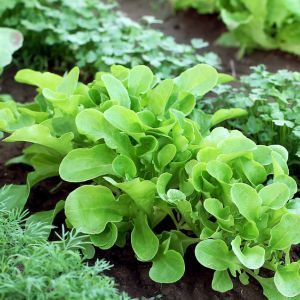
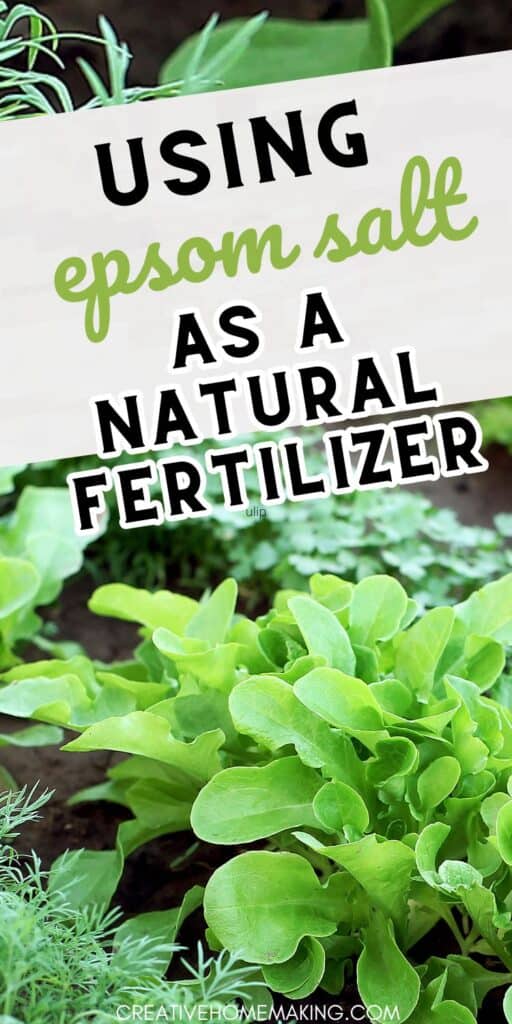
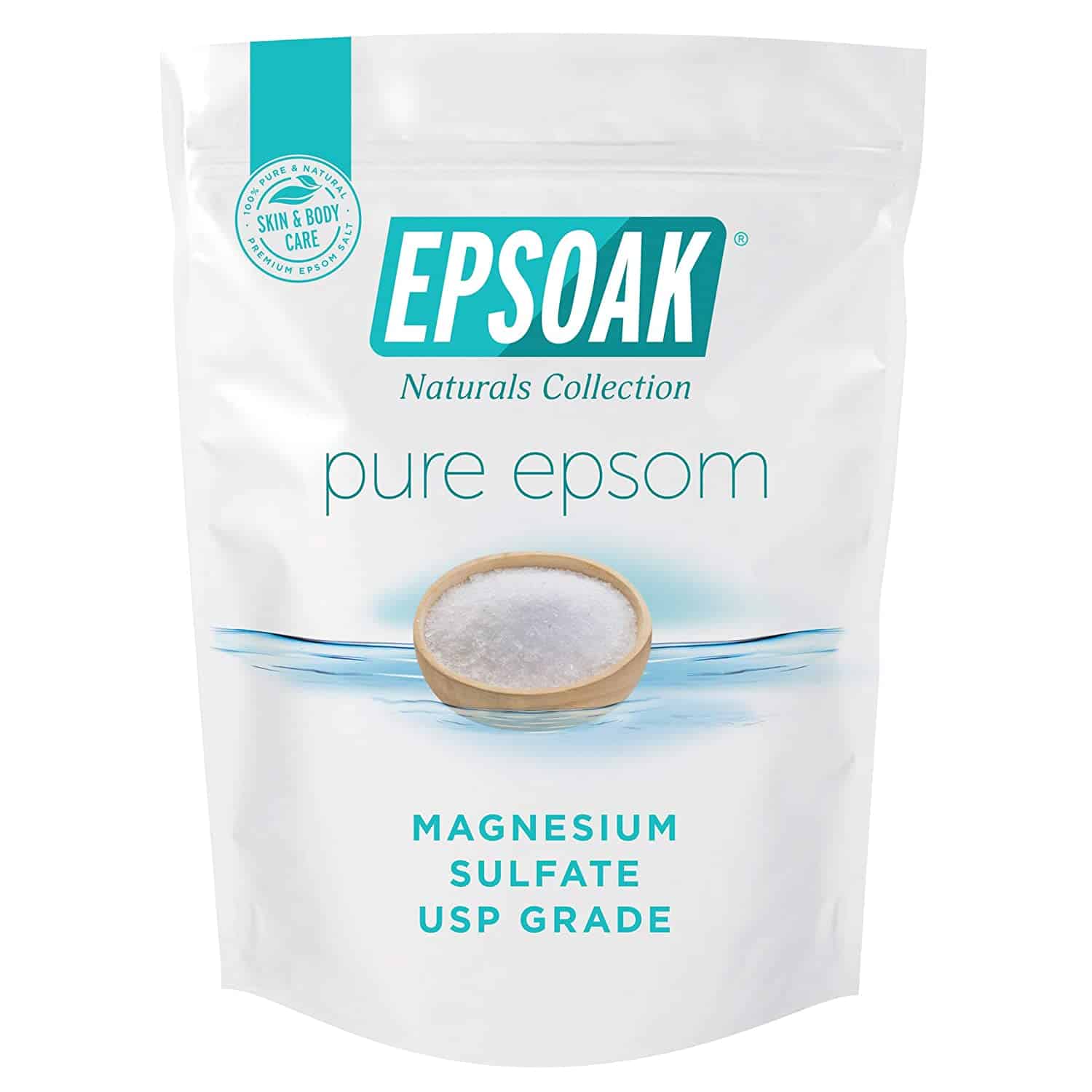


This is great information. I’m going to try this in my garden this year. Thanks